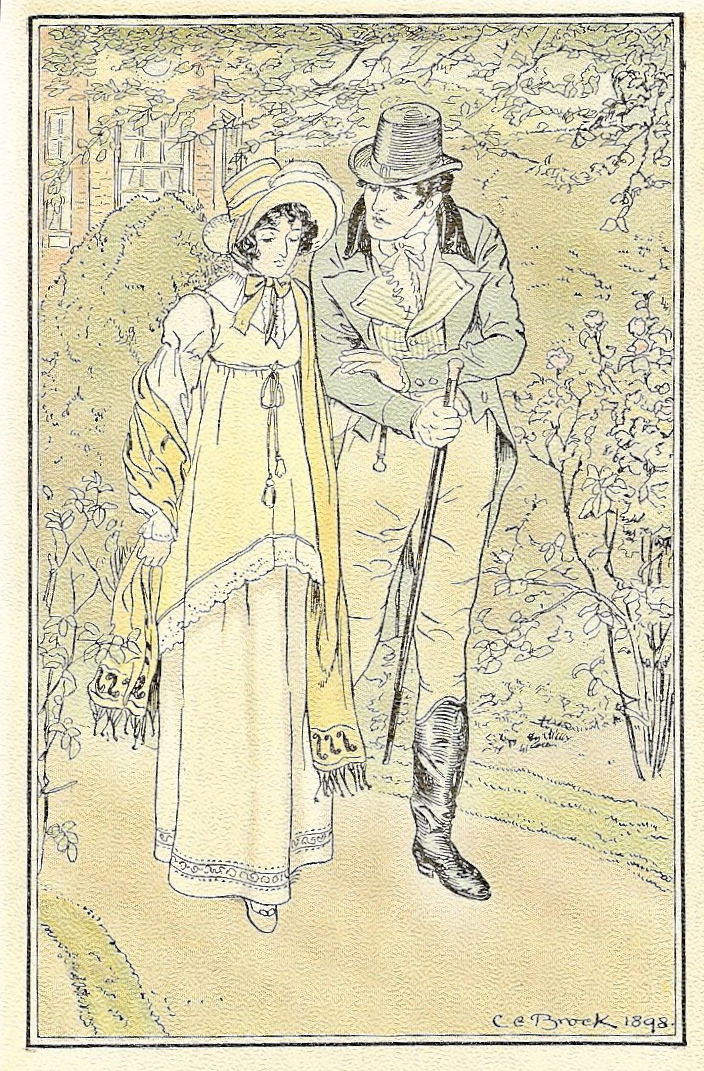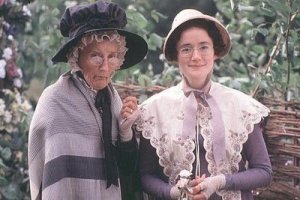
I attended a wonderful lecture sponsored by the JASNA NC Chapter. The lecture focused on Jane Austen’s works, with a particular emphasis on Emma and was titled “Jane Austen and the Labor of Leisure.” The lecture held at the wonderful Fly Leaf Bookstore in Chapel Hill and was given by the delightful Peter Graham, Clifford Professor of English at Virginia Tech University and author of Jane Austen and Charles Darwin: Naturalists and Novelists. This is an extremely expensive book, which is shame, because I would really like to buy it. But, I digress.

Jane’s novels take place in a world where no one seems to be doing anything important. They visit, they dance, they walk long distances, they have tea, they read Cowper and Fielding, they have dinner parties, they go up to London, over to Bath, and occasionally travel to Lime Regis, then, they visit some more. Her characters appear to have ample time on their hands and to some of Jane’s detractors, the novels seem frivolous. Yet, there has to be more to the charachters than what is portrayed in the novels.
Jane Austen’s books seem to pin point those “necessary, still moments for transcendence. As Peter Graham pointed out, this literary technique is necessary to bring the characters and the plots (girl meets boy, girl loses boy through misunderstanding, girl gets boy) together. In the world that Emma, Elizabeth Bennett, the Dashwood Sisters and Fannie Price occupy, interaction with the opposite sex had to happen during those leisure moments. Yet, there is plenty of subtle evidence of the labor the characters must employ to keep their seemingly laconic lives functioning.

Emma, for instance is the lady of a moderate sized manor. Her duties include the running of a not inconsequential household, care of an aging father, charitable visits to the poor as well as maintaining her societal duties as a good neighbor and companion. Emma rubs many people the wrong way, but a closer examination of her ‘offstage’ duties reveal her to be loving, caring, responsible young lady. Her regular, tender visits to the poor in her neighborhood are in and of themselves evidence of a noble character.
There are vast swaths of time that do not figure in the books, activities and important clues to the characters’ psyches which are spent offstage. As Dr Graham suggested, Austen’s novels dwell in the small slice of life that is the interlude of daily life called leisure.

Naturally, Austen’s characters appear to have more opportunity for leisure than the average, lower class citizen would have, but Austen seems to support the old adage “write what you know” and she was only fictionalizing what was familiar to her. Whether you agree with her or not, like her or consider her books to be fluff, she provides a valuable look at the leisure culture of her time.
*all illustrations come from my personal collection

